Are Colombia’s Junglas heroines or harbingers in the relentless war on drugs? This elite military unit, established in 1989, has dramatically shifted the balance in Colombia’s counternarcotics efforts. With initial training from the UK’s Special Air Service transitioned to the US Special Forces, and backed by substantial international support, the Junglas were born out of a dire need to combat the burgeoning drug trade of the late ’80s. Their establishment set a precedent in international military cooperation against narcotics. Explore how this formidable force became a cornerstone in the fight against drug cartels.
Training and Operations of the Junglas
The selection process for Colombia’s Junglas is exceptionally rigorous, ensuring only the most resilient candidates join this elite unit. With a completion rate of approximately 10%, the training demands exceptional physical and mental endurance. The course spans 18 weeks, immersing recruits in advanced jungle warfare training and special forces tactics. This foundational training sets the stage for more specialized courses, which delve deeper into counter-narcotics operations. The intensity of the program is designed to prepare operatives for the harsh realities of jungle terrain and the high-risk operations they will face.
During their training, Junglas acquire a comprehensive set of skills essential for tactical maneuvers in hostile environments. Emphasis is placed on mastering close-quarters combat, fast-rope descent techniques, and night operations. Trainees are also equipped with critical skills in medical trauma management and counter-IED operations, ensuring they can respond to a range of scenarios. This training prepares them to lead high-stakes operations where precision and adaptability are paramount.
Operational Tactics and Successes
Junglas conduct operations in some of the most challenging terrains, focusing on the strategic destruction of narcotics labs and the capture of high-value targets. Their operations are meticulously planned, often involving airmobile missions backed by US-supplied helicopters. This aerial support provides enhanced mobility and access to remote areas where drug production facilities are hidden. By targeting these high-value sites, the Junglas disrupt the supply chain of narcotics, crippling drug cartels’ operations. Their success in dismantling labs and apprehending key figures in the drug trade underscores their tactical prowess and their crucial role in the ongoing war on drugs.
Impact and Achievements in the War on Drugs
The Junglas have proven to be a formidable force in Colombia’s counter-narcotics operations. Their relentless pursuit of drug cartels has led to the dismantling of numerous drug production facilities. In 2007 alone, they eradicated 850 coca base labs and 62 hydrochloride (HCl) labs, significantly crippling the production capabilities of these illicit networks. The Junglas’ operations have not only disrupted the supply chain but have also resulted in the seizure of vast quantities of cocaine, dealing a severe blow to the financial underpinnings of drug cartels operating within Colombia.
The Junglas have been instrumental in capturing high-profile narco-traffickers, marking significant victories in the war on drugs. One such achievement was the capture of Daniel “Don Mario” Rendón Herrera, a notorious figure in the drug trade. This arrest highlighted the Junglas’ ability to target and apprehend key players in the narcotics industry, thereby destabilizing cartel leadership and operations.
The broader impact of the Junglas on Colombia’s narcotics trafficking landscape is profound. Their operations have not only reduced the production and distribution of illegal drugs but have also strengthened international cooperation in counter-narcotics efforts. Collaborating successfully with the DEA to target narco-terrorist organizations, the Junglas have become a vital component in the global fight against drug trafficking. By disrupting major trafficking routes and apprehending significant figures in the drug trade, they continue to play a critical role in maintaining regional security and stability.
- Destruction of 850 coca base labs
- Seizure of significant cocaine quantities
- Capture of Daniel “Don Mario” Rendón Herrera
- Successful collaboration with DEA in targeting narco-terrorist organizations
- Disruption of major drug trafficking routes
Final Words
Colombia’s Junglas have emerged as pivotal in the global struggle against drug trafficking. Through their rigorous training, advanced equipment, and international collaborations, they have dismantled critical drug operations. Their impact on Colombia’s narcotics landscape underscores their effectiveness in countering major drug cartels and securing high-value targets. The unit’s collaboration with international allies, particularly the US and UK, showcases their commitment to global security. These efforts not only highlight the Junglas’ tactical prowess but also inspire global cooperation in the ongoing war on drugs.
FAQ
What was Plan Colombia?
Plan Colombia was a military and diplomatic initiative launched by the Colombian government with US support. Its primary objective was to combat drug cartels and insurgency through substantial funding and military aid.
Was Plan Colombia successful?
Plan Colombia achieved notable reductions in coca cultivation and drug trafficking, though not fully eliminating the narcotics trade. It also improved Colombia’s security landscape, but faced criticism for its social and economic impacts.
Is Plan Colombia still in effect?
Plan Colombia officially concluded in 2015. However, its components evolved into broader initiatives focusing on peace and development, including the “Peace Colombia” plan aimed at ensuring sustainable peace post-conflict.
When did Plan Colombia end?
Plan Colombia formally ended in 2015, transitioning into newer programs like “Peace Colombia,” which focuses on continued peace-building efforts and sustained reduction of narcotics activities.
What is the Colombian drug war?
The Colombian drug war refers to ongoing efforts by the Colombian government, supported internationally, to combat drug cartels and narcotics trafficking. It involves military, law enforcement, and counter-narcotics operations.
What is Comando Jungla Colombia?
Comando Jungla Colombia, an elite unit within the Colombian National Police, specializes in counter-narcotics operations. Established in 1989, they receive advanced training in jungle warfare and special tactics, aiming to disrupt drug trafficking activities.
